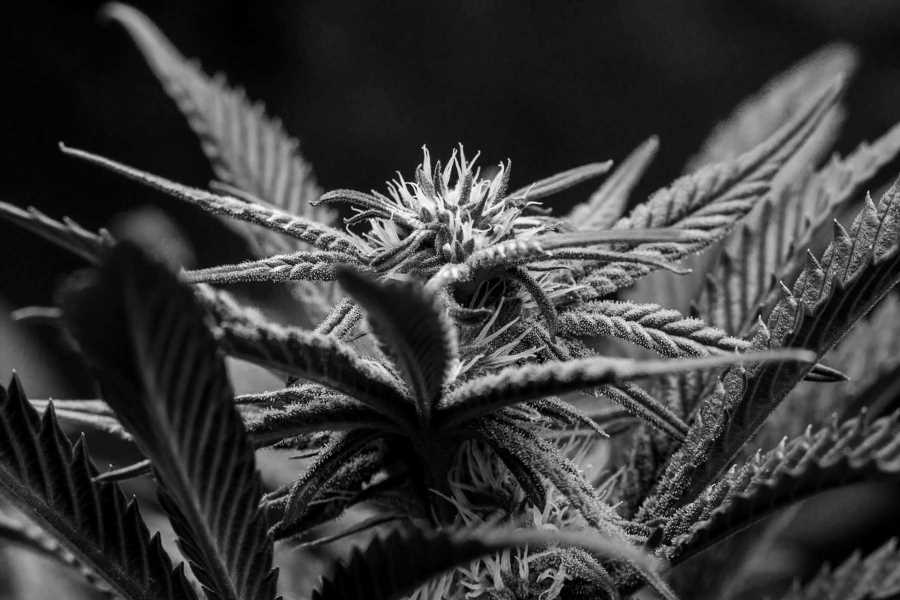Opinions expressed are solely those of the author and do not reflect the views of Rolling Stone editors or publishers.
While I hate to use the word empower (because that implies taking away someone’s power in the first place), I’m here speaking to cannabis consumer empowerment.
An overall lack of education, an uptick in marketing geared toward a desire for the masses to consume cannabis products (candy-like packaging, I’m looking beyond you, don’t worry) and limited training with budtenders all fail to convey the philosophical information to the consumer.
Creating an empowered cannabis consumer not only serves the individual but also the industry as a whole. Leaders should strive for the cannabis industry to go beyond normal — normalizing cannabis was so 3 years ago — to be an example industry.
What does an empowered consumer look like and how do we get there? How does this serve an industry that on one particular day looks like cannabis could be legalized federally and on another day shows how people mainly of color are still being locked up at disproportionate rates?
Related Stories
Do Business Leaders Have an Obligation to Talk About Global Conflicts and Atrocities? Here's Why My Answer Is 'Yes'
See Nine Inch Nails Play Two David Bowie Classics at First Concert in Over 3 Years
Related Stories

The Everly Brothers: 12 Essential Tracks
The Private Lives of Liza Minnelli (The Rainbow Ends Here)
An empowered consumer is a consumer able to shop, consume and choose not to consume cannabis with confidence at a level that serves them and not a company. People will know how to buy products that work for them based on understanding what synergizes with their mind, body, soul, and intention while being able to look past commerce ploys. Their knowledge should be their north star while their intuition can help them make the decisions for what’s best for them with a budtender being a guide.
How do we get consumers to the point of being their own guiding light?
There are education platforms on the rise that are developed by people who understand the full impact cannabis can have on people, but brands and budtenders can do their part too.
The Rolling Stone Culture Council is an invitation-only community for Influencers, Innovators and Creatives. Do I qualify?
Now, while there are many textures to weave into marketing and labeling, one idea is to not tell people how they will feel. Cannabis has unlimited potential to impact each individual differently, and it’s impossible for a brand or budtender to know that potential. So your label that says “connect” may actually disconnect someone. But guide users while acknowledging that we are all different people, which some may call archetypes (and thank God — the world would be so boring if what worked for you worked for me). Understanding that what one person may feel might not land the same way for someone else. Some encouragement in curiosity should be seen as a positive — this way, the person can start developing a deeper understanding, connection and relationship with the plant.
Now, how would this make for a better industry? Well, I’ll stay away here from the song, “people over profits,” and instead focus on what leaders in the cannabis space say out loud. In the front of conversation along social and environmental causes is a diverse, inclusive, woman-led industry that’s equitable.
Now let’s reflect on the aforementioned desire in the industry and reflect that on the consumer.
Let’s start with equity. In my experience, connoisseurs established in the illicit market typically come from backgrounds where they did not have to fend for themselves during the War on Drugs. These professionals who have not experienced social and racial discrimination are therefore operating with a different mindset versus people who have the very real fear of going to jail. (I need to acknowledge that I personally have had these privileges and pray I can always show up with this understanding to do good.)
When we think of diversity, the connoisseurs seen over the years, legacy farmers from Humboldt and entrepreneurs from the first legal state in Colorado have predominantly been white. When it comes to inclusion, until recent years, people with drug offenses were largely banned from participation in the legal industry. Needing to educate and support people to have a powerful relationship with the plant is important as is the same in business. Are Q3 profits more important to a healthy industry as people operating in their best, most supported state of being?
Now to women-lead, which to me speaks to the essence and very future of cannabis. Women leading the cannabis industry and hopefully other industries will bring the skills, nurturing and perspective this world needs as toxic masculinity, which we can see in corporate behaviors and politics, still remains an issue.
This wholesome approach aims to facilitate cannabis consumption that empowers people to enhance their individual experience while providing tools to tune in beyond what we see now through utilization. We need to create an industry that puts — and I will use the song now — people over profits to guide us to that promised land of self-empowerment.
Source: Read Full Article
